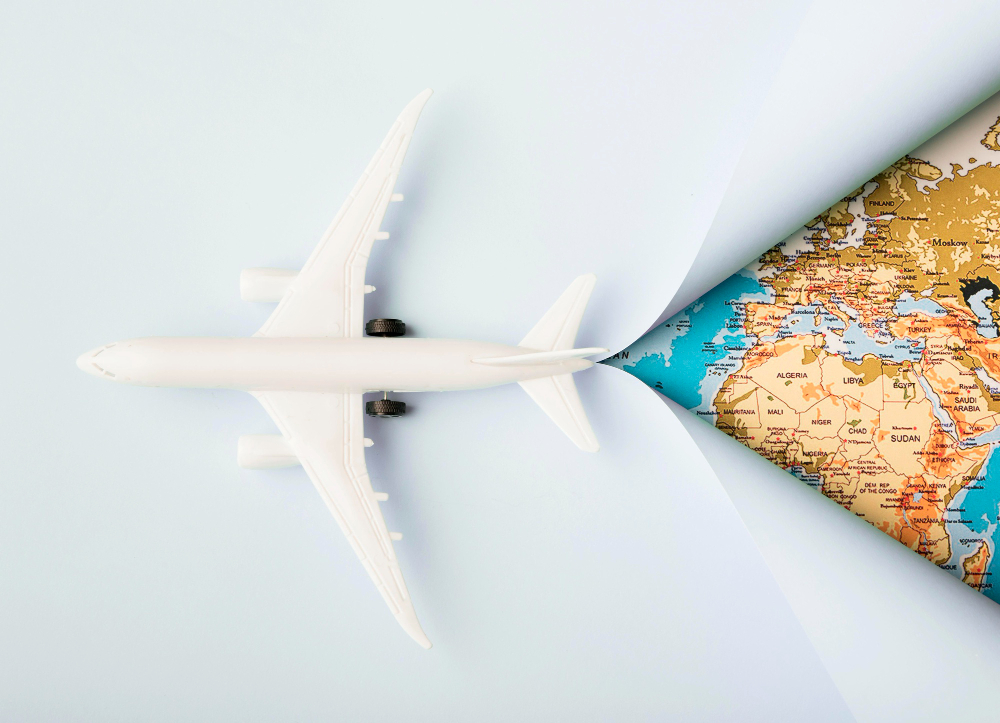As people start to resume travel, the age-old question of whether or not to get travel insurance arises. Travel insurance comes in two different forms:
- First is the traditional medical travel insurance, that one that you probably already have through your health insurance provider. This is the type of insurance that helps you evacuate if you are in another country and sustained a serious injury and the insurance that will likely pay for the majority of your medical expenses. Having this type of travel insurance is very important because, without coverage in your travel location of choice, your insurance company could force you to foot the bill, and a medical evacuation can be $50,000 or more.
- The second is sometimes called cancellation insurance. This is the type of insurance you might get from an individual company associated with your vacation, insurance that covers you in situations where there is damage to your goods, perhaps damage to luggage or rental car, and in situations where you have to cancel for whatever reason. This gives you a refund or at least coverage in such situations.

What Should I look For In Travel Insurance?
When buying travel insurance or trip cancellation insurance, there are many things you want to look for. You might be offered something like trip insurance with your airline. So when you book your flight the airline says that you get your money back on the off chance that you are unable to make it and you have to cancel your flight ahead of time. There might also be a contingency that protects your luggage but in most cases with an airline, this just means that if you missed your connection or there was a trip delay, they will give you compensation for any lost luggage which was their fault.
If travelling to Australia or New Zealand, you should consider travel insurance from other reputable companies associated with your trip. If you are, for example, using a luggage delivery service, the travel insurance you get might come automatically with your purchase or be offered as a second potential purchase but in either case, give you the opportunity to recoup your losses in the event that your luggage is lost.
There are certain credit cards that already provide this type of existing travel insurance. If you have the American Express Platinum Card, as one example, no matter where you are travelling you get baggage coverage so on the off chance that your cruise line, your airport, your train, or anyone else loses your luggage, you will get compensated for the value of your luggage in the lost items within it. In some other situations, your homeowner’s insurance policy could offer things like travel baggage coverage specifically for the same types of situations where your goods are lost.
How Much Will Insurance Cost?
When evaluating your travel insurance, making the decision to buy travel insurance should be contingent upon whether the insurance covers all of the things you need and what the cost is. Typically speaking your insurance will account for anywhere between 3% and 8% of your total trip price. This means that if you book a trip with flights, and rental cars as well as hotels to the tune of $4,000, your insurance should range in cost between $130 and $280.
Where Can I Buy Travel Insurance?
There are plenty of places where you can buy your travel insurance. Firstly you can get it from your insurance company, or perhaps from a travel agent, you used to book your trip. But if you decide to go on a trip on your own, there are plenty of third-party brokers who work with independent companies. Choosing to take out an insurance policy for your trip and travel from something like an airline or luggage delivery company might mean you work directly with their internal insurance broker or you work with a third-party broker with whom the company has a professional relationship.
There are plenty of different plans out there and it is important that you compare them to make sure you get exactly the coverage you need before you head out on your next vacation. Bear in mind what items you want to protect against, how much protection you want, how much you are willing to pay for that protection, and of course what areas are already covered by existing insurance policies you might have. All of these things together can help you alleviate the plans that aren’t worth the investment and find the perfect plan for your next trip.

